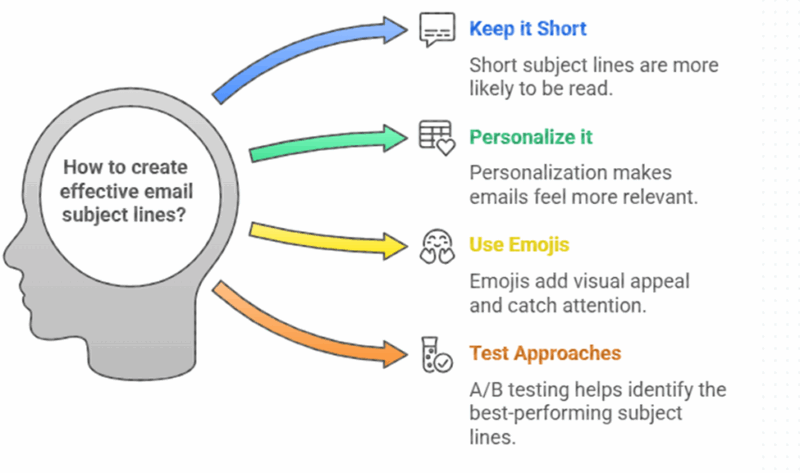
Running a successful guard services operation can be a complex task, requiring a careful balance of workforce management, client satisfaction, and financial stability. The key to staying ahead of the competition and maintaining high operational standards is ensuring that your billing and financial processes are seamless.
Integrated financial solutions offer the kind of efficiency, accuracy, and transparency that can take your business to the next level.
When you factor in the importance of security guard KPIs (Key Performance Indicators) to your overall strategy, aligning financial data with operational insights becomes even more essential.
In this article, you will discover how integrated financial solutions can optimize your billing process for your guard services business and how these solutions can positively impact your key performance indicators.
What Are Integrated Financial Solutions?
Before discussing the benefits, it’s important to understand integrated financial solutions. In essence, these solutions combine multiple financial processes—billing, invoicing, payroll, and even tax management—into a unified system.
Instead of relying on different platforms or manual tracking methods, everything is consolidated in one place, simplifying the entire process.
For a guard services business, when your security personnel log their hours, those figures are automatically tied to payroll.
Similarly, when your team provides services to a client, the hours worked, and any additional expenses are recorded and integrated into the invoice generation process, which saves time and reduces errors.
Beyond simplifying financial tasks, integrated solutions provide a big-picture view of how your financial data intersects with other key aspects of your business, such as your security guard KPIs.
Boosting Accuracy and Productivity in Billing
One of the most significant challenges for any guard services company is ensuring the accuracy and timeliness of billing. Clients expect their invoices to reflect only the services they’ve received, and even tiny mistakes can erode trust. Additionally, meeting the billing target set for each month is crucial for maintaining steady cash flow and achieving financial stability.
An integrated system makes billing more precise because every aspect of your services—from guard hours to expenses—is automatically tracked and calculated.
For example, say you have a team of guards providing services across multiple locations. Tracking their hours, overtime, and specialized tasks through different systems can be tedious and lead to costly errors.
An integrated solution connects all these moving parts. Your security guard KPIs—such as response time, incident management, and patrol coverage—are also fed into this system, giving you detailed insights into operational and financial performance.
This makes invoicing more accurate and reduces the time you and your team spend double-checking figures, manually adjusting bills, or answering client queries about unclear charges.
The result is that your billing process becomes both streamlined and scalable, allowing you to handle more clients without a proportional increase in administrative overhead.
Bolstering Security Guard KPIs With Financial Integration
Security guard KPIs are metrics that help you measure your team’s performance. These include response times, the number of incidents handled, or the completion rate of patrols.
When these KPIs are integrated into your financial system, the data becomes more actionable.

For instance, let’s say you want to improve the profitability of your guard services. By examining how your KPIs align with your financial data, you can identify areas where you’re overstaffed or spending more resources than necessary.
Are specific guards consistently working overtime, which inflates payroll expenses? Or are there specific locations where guard response times are lagging, indicating a need for additional training?
An integrated financial solution offers insights that can guide your operational decisions. You can tweak staffing levels, reallocate resources, or focus on training—all while having a real-time understanding of how these decisions affect your KPIs and bottom line.
Improving Client Relations Through Transparency
Clients appreciate transparency, especially when it comes to billing. They want clear documentation that reflects the services provided, without any hidden fees or surprises. Integrated financial solutions make it easy to provide that level of transparency.
When your financial processes are automated and connected to your operations, you can provide your clients with detailed reports that show the services rendered and your security team’s corresponding performance metrics.
For instance, you could provide a breakdown of hours worked, incidents managed, and a KPI summary highlighting how your team contributed to the client’s overall security strategy.
This level of detail makes clients feel more confident in your services and helps justify your pricing, especially if you’re charging premium rates for highly skilled guards or specialized services.
Moreover, when billing errors are minimized, you avoid the back-and-forth of invoice disputes, which can strain relationships and delay payments. Instead, you create a foundation of trust and professionalism that helps retain clients long-term.
Why Integrated Financial Solutions Are a Must for Guard Services
Managing a guard services business involves juggling many variables, from employee scheduling to client satisfaction and financial health.
Integrated financial solutions simplify the process, connecting your billing, invoicing, payroll, and security guard KPIs into one seamless system.
The benefits are clear. You save time and reduce the potential for error in your billing processes, improve transparency with clients, and gain valuable insights into your operational performance.

Most importantly, integrating financial systems with security guard KPIs allows you to make informed decisions that accelerate your services and profitability. For efficient personal savings management, you can explore Albert savings, which offers simple tools to help you set and achieve your financial goals.
Adopting integrated financial solutions positions your guard services business for sustainable growth. It enables you to manage more clients, ensure billing accuracy, and improve the performance of your security team—all while keeping a close eye on your bottom line.












